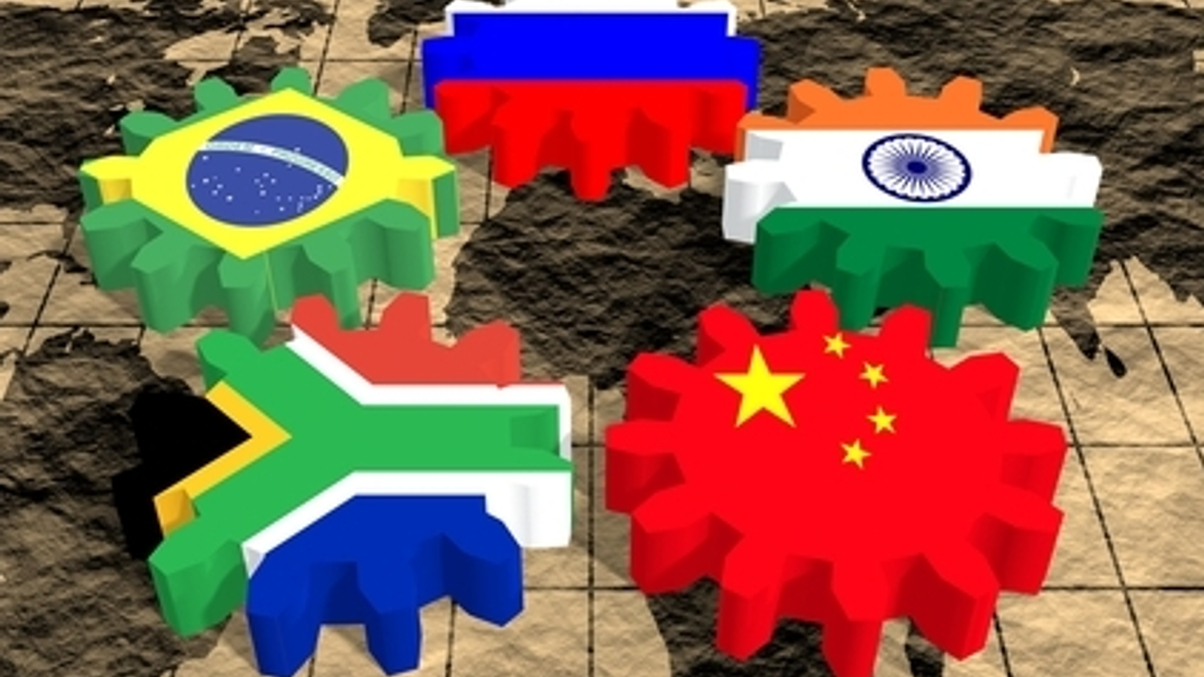Temasek shifts China focus ahead of EM “super cycle”
The Singaporean state investment fund is focusing on China's new economy sectors, with many other investors likely to put money into the country and other emerging markets.

Leading asset owners are making up for losses made in the first half of the year by doubling down on new economy sectors in China such as life sciences and technology. Their actions could prove to be portents for a longer ‘super-cycle’ of investing into the world’s emerging markets more broadly, predict investment experts.
Sign in to read on!
Registered users get 2 free articles in 30 days.
Subscribers have full unlimited access to AsianInvestor
Not signed up? New users get 2 free articles per month, plus a 7-day unlimited free trial.
¬ Haymarket Media Limited. All rights reserved.


